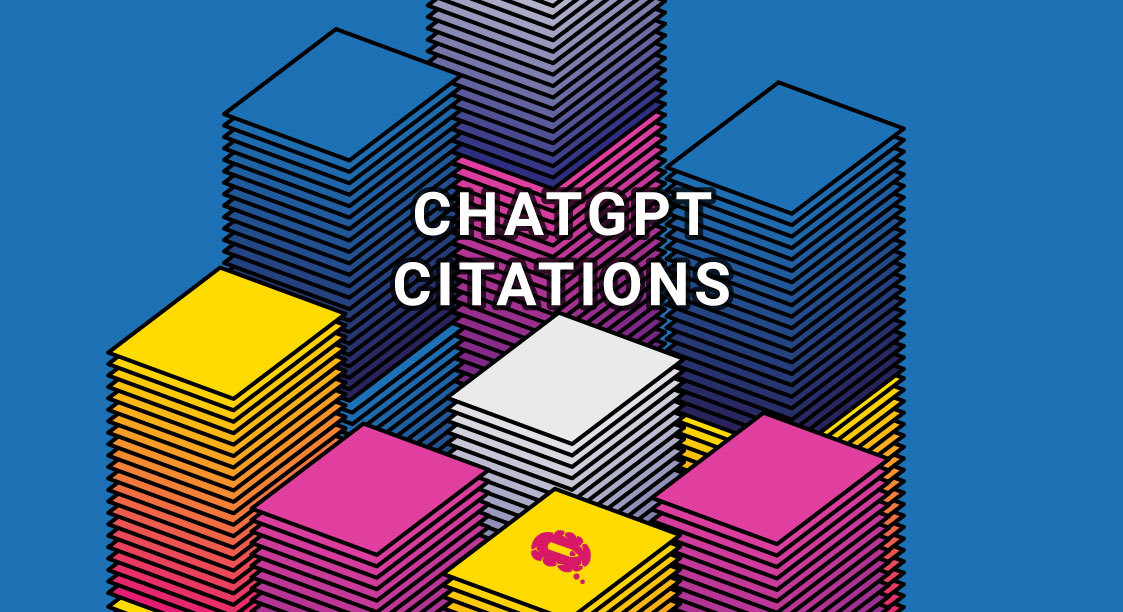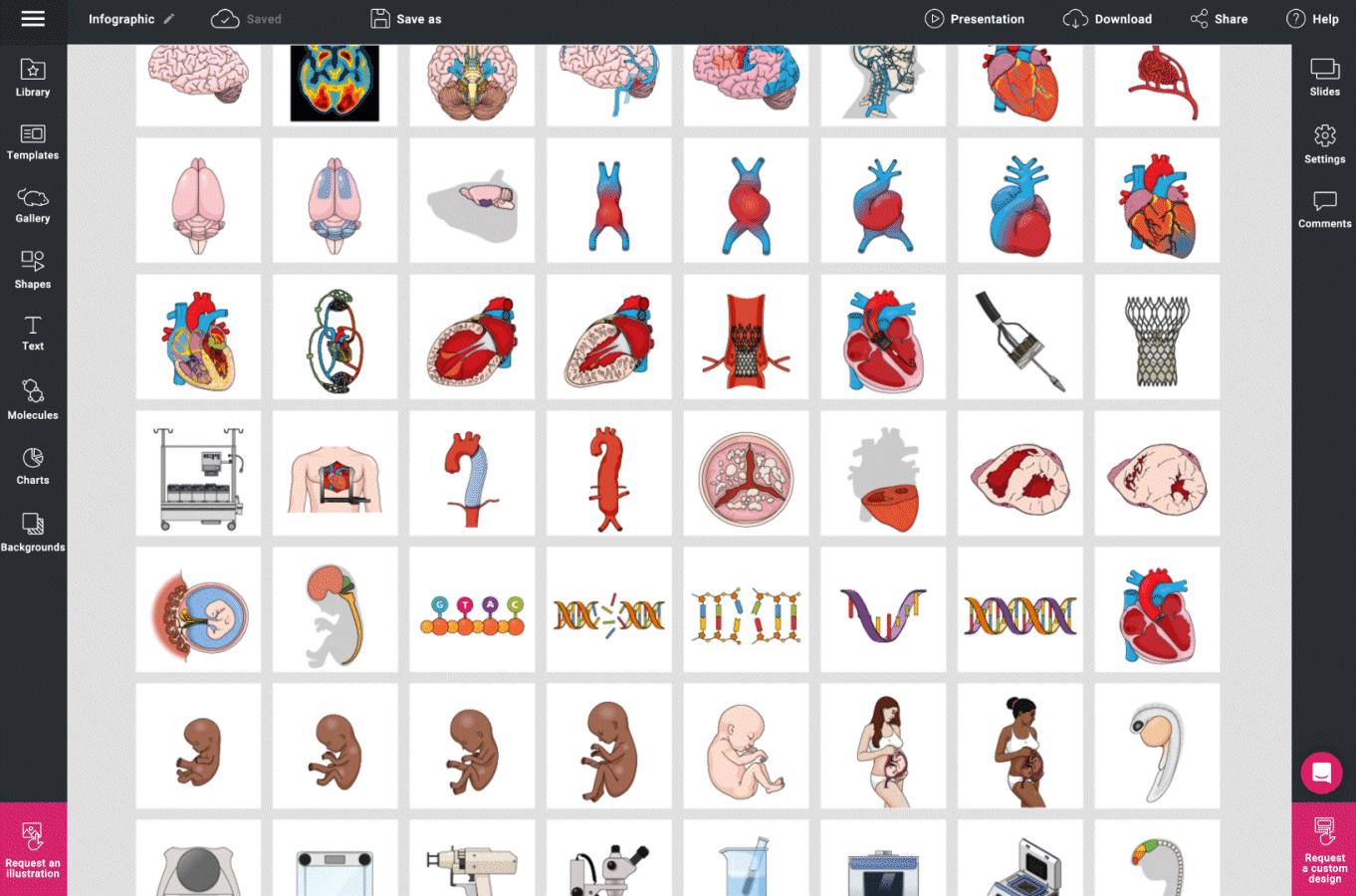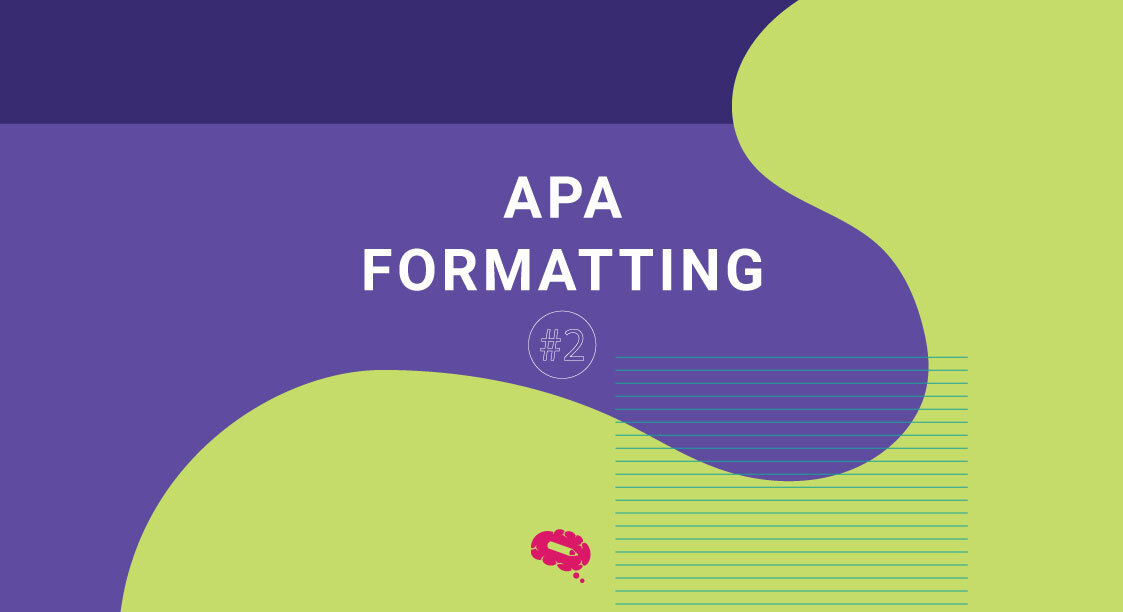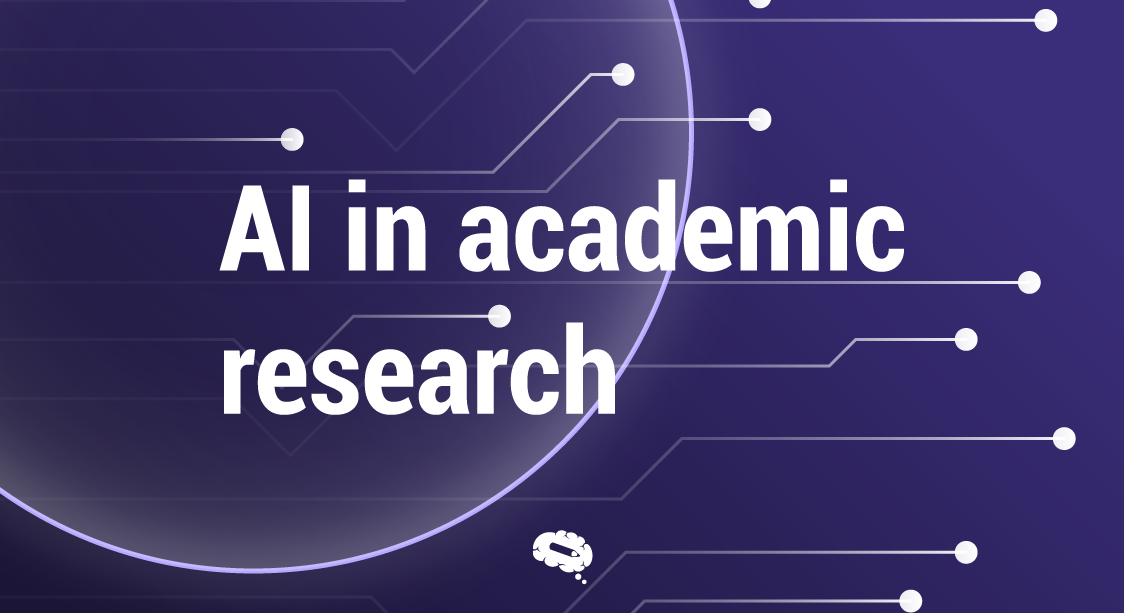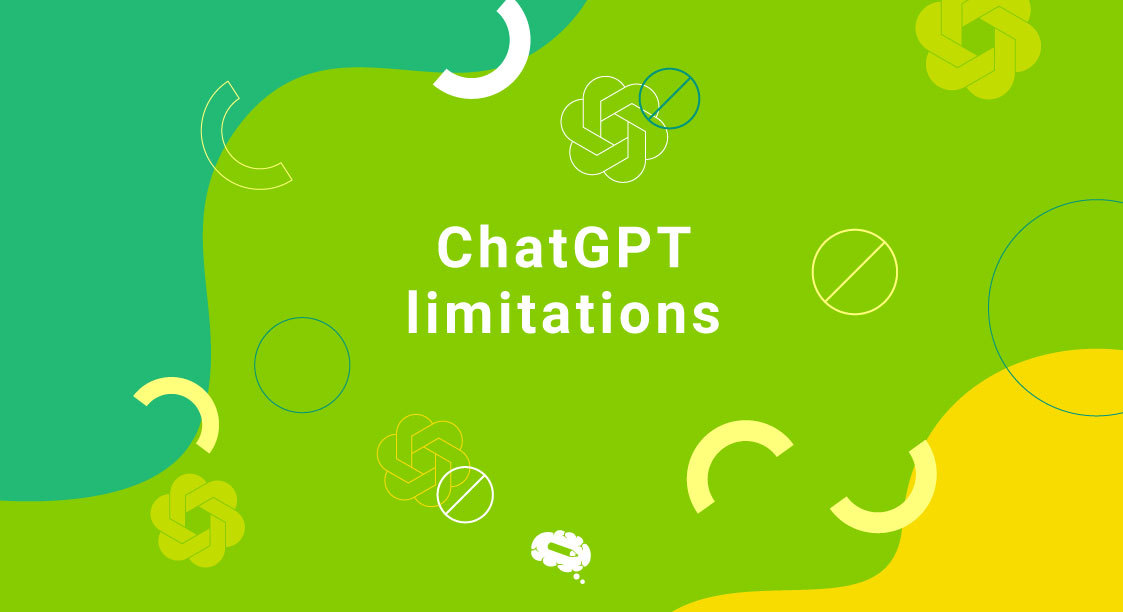As the field of artificial intelligence (AI) continues to advance, it becomes increasingly important to establish proper guidelines for referencing AI models in research and academic work. One such prominent AI model is ChatGPT, developed by OpenAI.
When citing AI models like ChatGPT, it is crucial to include specific information that accurately identifies the model and its version. Additionally, citing the developer of the model, the release date or knowledge cutoff, and following the appropriate citation style are key elements to consider.
Properly referencing AI models not only ensures transparency and accountability but also allows researchers to build upon existing work, acknowledge the contributions of developers, and foster collaboration within the scientific community. By understanding the formats and examples for ChatGPT citations, researchers can effectively integrate this powerful AI model into their scholarly endeavors.
Creating A Reference To ChatGPT Or Other AI Models And Software
When creating a reference for ChatGPT or other AI models and software, you can follow these general guidelines:
- Start with the name of the organization or entity responsible for the AI model or software.
- Include the specific name or title of the AI model or software.
- If applicable, include the version number or release number of the AI model or software.
- Provide the year of release or publication.
- If available, include the name of the platform or website where the AI model or software is hosted or can be accessed.
- Include a URL or DOI (Digital Object Identifier) to provide a direct link to the AI model or software.
Remember to adapt the reference format according to the specific citation style guidelines you are using, such as MLA or Chicago. Additionally, if you are citing a different AI model or software, replace “ChatGPT” with the appropriate name and provide the relevant details specific to that resource.
How To Cite ChatGPT In APA Style
Here’s a step-by-step guide on how to cite ChatGPT in APA style with the appropriate italics and bold formatting:
- Start with the name of the developer or organization: OpenAI.
- Include the publication year in parentheses: (2021).
- Italicize the title of the software: ChatGPT.
- Specify the version number, if applicable, within parentheses after the title: (Version 3.5).
- Use square brackets to indicate that it is a software resource: [Software].
- Provide the retrieval URL in regular font: Retrieved from https://openai.com/
Here’s the complete citation:
OpenAI. (2021). ChatGPT (Version 3.5) [Software]. Retrieved from https://openai.com/
How To Cite ChatGPT In MLA Style
To cite ChatGPT in MLA style, follow the format below:
- Author(s)/Creator(s): OpenAI
- Title: ChatGPT
- Version: 3.5
- Date: 2021 (or the specific date of access if applicable)
- Location: OpenAI
- URL: https://openai.com/
Example citation:
OpenAI. ChatGPT. Version 3.5. 2021. OpenAI, https://openai.com/.
ChatGPT Citations If The Chat Is Saved, Shareable, Or Retrievable
If the chat conversation from ChatGPT is saved, shareable, or retrievable, you can cite it in APA style using the following format:
Format:
Author(s). (Year, Month Day). Title of conversation [Description of form]. Retrieved from URL
Example:
OpenAI. (2023, June 20). Chat conversation with ChatGPT [Chat log]. Retrieved from https://chat.example.com/conversation123
In this example, the citation includes the following elements:
- Author(s): OpenAI (or the organization responsible for the conversation)
- Year, Month Day: The date the conversation took place or was saved/retrieved
- Title of conversation: “Chat conversation with ChatGPT”
- Description of the form: Specify the form of the conversation, such as “Chat log” or “Transcript”
- Retrieved from URL: The URL where the conversation can be accessed or retrieved
In APA style, italics or bold formatting is not typically used for citations of chat conversations. Instead, the citation elements are presented in plain text. However, it may vary depending on the citation style guidelines you are following.
In-Text ChatGPT Citation Example
When citing ChatGPT in the body of your text, you can use a format that includes the name of the AI model and the year of its release. Here’s an example of an in-text citation for ChatGPT:
Example:
According to the responses generated by ChatGPT (OpenAI, 2021) […]
In this example, the citation acknowledges that the responses are derived from ChatGPT, developed by OpenAI, with the year of its release specified as 2021.
FAQ About ChatGPT Citations
How Should I Format In-text Citations For ChatGPT?
In-text citations for ChatGPT typically include the name of the AI model (e.g., ChatGPT) and the year of release (e.g., OpenAI, 2021). This helps readers identify the source of the information mentioned in your text. Follow the specific citation style guidelines to properly format the in-text citations within your document.
Should I Cite Every Question I Ask When Citing ChatGPT?
Citing every question you ask when citing ChatGPT depends on the specific context and purpose of your citation. In most cases, it is not necessary to cite each individual question. Instead, focus on citing the overall conversation or specific responses that are relevant to your research or argument. However, if a particular question or sequence of questions is crucial to your analysis or findings, you may consider including them in your citation. Use your discretion and consult your institution’s guidelines or your publication’s requirements for further guidance.
Does Citing ChatGPT Prevent Plagiarism Issues?
ChatGPT citations can be a valuable step in preventing plagiarism issues. When you cite ChatGPT, you acknowledge the source of the generated content and provide proper attribution to the AI model and its developers. This demonstrates academic integrity and helps ensure that you are not presenting the AI-generated responses as your original work.
However, it’s important to note that citing ChatGPT alone may not be sufficient to avoid all potential plagiarism concerns. Plagiarism encompasses more than just the act of citing sources. It also involves properly summarizing and quoting the generated content, as well as ensuring that the overall structure and organization of your work are original and do not heavily rely on AI-generated responses.
Does ChatGPT Commit Plagiarism?
ChatGPT itself does not commit plagiarism because it is an AI model designed to generate responses based on patterns learned from a vast amount of training data. Plagiarism refers to the act of presenting someone else’s work, ideas, or words as your own without proper attribution.
However, it’s important to note that the content generated by ChatGPT can potentially include text snippets or phrases from the training data it has been exposed to. This means that some responses from ChatGPT may resemble existing content, and without proper attribution, it could be considered plagiarism if presented as original work.
Is It Ethical To Use AI If We Cite Them Properly?
The ethical use of AI, including ChatGPT, extends beyond proper citation. While citing AI models like ChatGPT is important for acknowledging the source of generated content, ethical considerations go beyond mere attribution.
It is essential to use AI responsibly and consider the potential implications of its outputs. This involves critically evaluating the AI-generated information, fact-checking when necessary, and ensuring the accuracy and integrity of the information before incorporating it into your work. Additionally, being transparent about the limitations and potential biases of AI models is crucial.
Moreover, using AI should not replace critical thinking or responsible scholarship. It is important to provide your own analysis, insights, and interpretations of the information generated by AI models.
Can ChatGPT Cite Sources?
No, ChatGPT cannot directly cite sources. As an AI language model, ChatGPT generates responses based on patterns it has learned from a vast amount of training data. While it may provide information or generate text that resembles citations, it does not have access to specific sources or the ability to retrieve and reference external information.
When using ChatGPT or any AI model, it is essential to independently verify and cite sources yourself. If you require accurate and reliable citations, it is recommended to consult trusted scholarly resources, and databases or conduct research to obtain appropriate sources for your work.
Visually Appealing Figures For Your Research
Elevate your research with Mind the Graph! Create captivating figures effortlessly, using customizable templates, interactive data visualization, and scientifically accurate illustrations. Collaborate seamlessly and integrate your visuals with ease. Make an unforgettable impact with visually stunning research figures. Try Mind the Graph today!

Subscribe to our newsletter
Exclusive high quality content about effective visual
communication in science.

